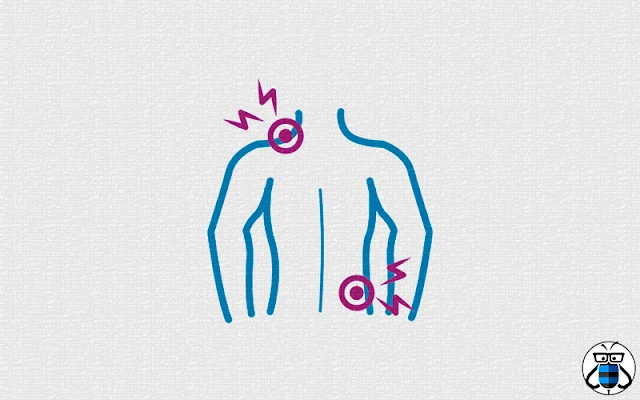According to a recently publicized survey, 80 percent of American adults will experience back pain at some point in their lives. This f...
According to a recently publicized survey, 80 percent of American adults will experience back pain at some point in their lives. This finding correlates with other statistical reports that found back pain as one of the leading causes of visits to the doctor and persons missing work.
In the United States, back pain is second only to headache as the most common neurological condition. In fact, four out of five people are said to have or have had experienced back pain.
Yet, despite this alarming statistics, not many people are worried about their back pain. With good reason. The most common type of back pain is acute back pain, a short-term condition that lasts anywhere from a few days to a few weeks. Treatment typically consists of rest, exercise, hot/cold compress, analgesics and other pain medications.
However, while most back pain lasts only for a very short time, there are rare instances where the pain could be chronic. Chronic back pain is a cause for alarm since the condition is often a symptom of another underlying condition that is usually more serious and requires more immediate medical help. One such type is kidney back pain, which is a sign of a disorder in the kidneys.
How do you know if your back pain is a symptom of kidney infection?
There are various means by which you can differentiate kidney back pain from normal back pain. But the most common method is to find out where the pain is coming from.
Now, some sufferers of kidney back pain will find this a little difficult to accomplish since it feels like the pain is coming from all over the body with no one source of pain. However, if you concentrate and try to focus on where the pain comes from instead of how the pain is making you feel, it should not take you long to identify the source of the pain.
You will know if it is kidney back pain because the pain stems from the area of the back where the kidneys lie. Focus on the sides of your spine, specifically on the area just above the hips. If you realize that the pain is actually emanating from there, then chances are that kidney back pain is due to some type of kidney infection.
But there are forms of kidney back pain that are caused by injury not infection.
Indeed, kidney back pain may be a direct result of an injury or trauma to the kidneys, not necessarily an infection of the organ. You will know if your kidney back pain is injury-related if you feel tenderness in the area above your hips where the kidneys are located. When this area receives direct injury or trauma, it could result in direct injury to the organs themselves. That’s why getting hit in this particular area of the back is sometimes called a “kidney punch.”
William M. Macfarlane.
Faster. Stronger. Healthier.
by buzz.blue
















COMMENTS